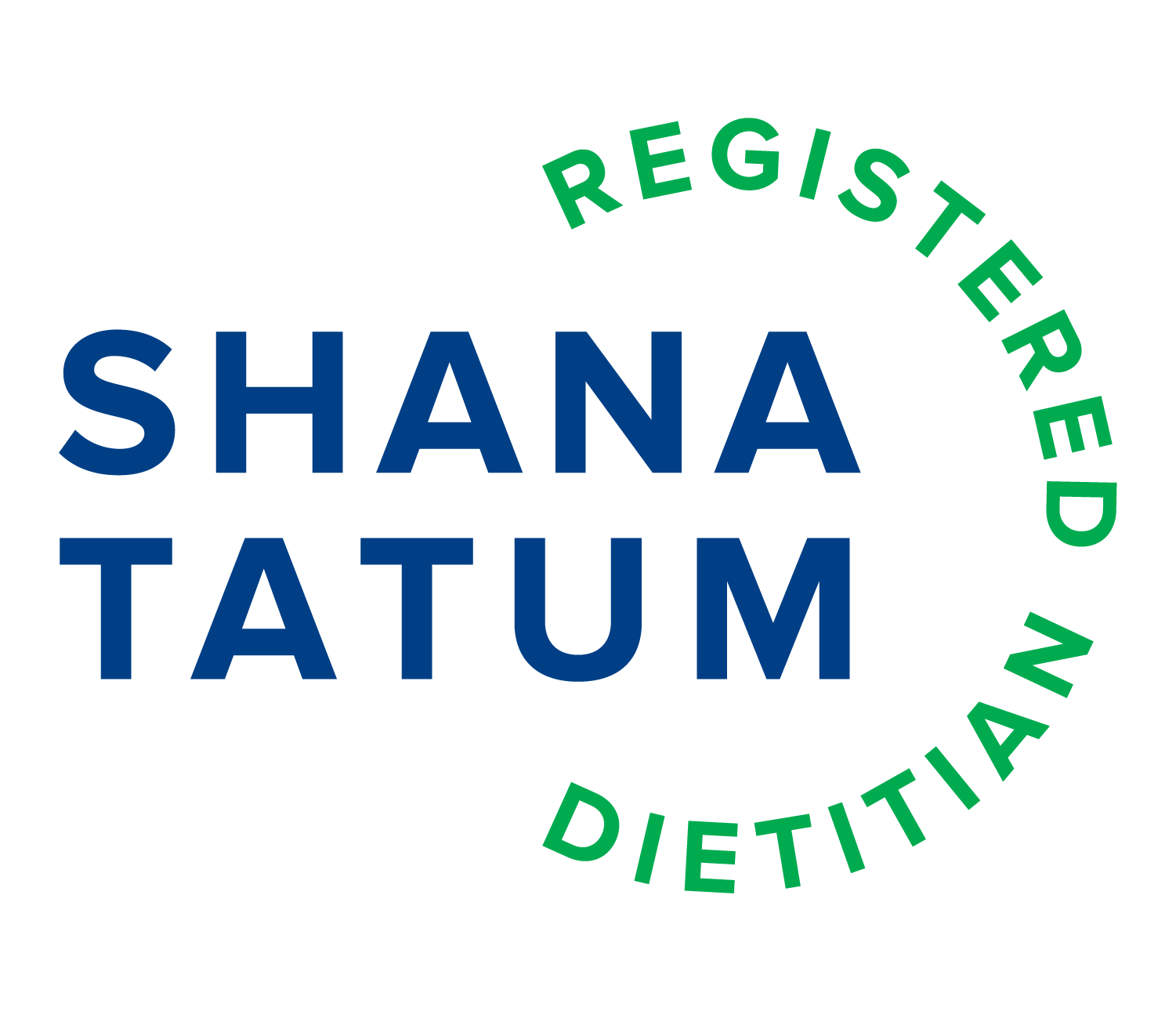Nutrition After the Holidays
Ever feel you need a break after the holidays? They can be filled with joy and warmth and at the same time be stressful and rushed leaving you more depleted than before. Coming back from that type of environment I suspect many of you may be in need of nourishment.
The news is full of tips and tricks to tell you just how to create the New Year New You. That may suit some of you, but others may find content knowing that we are still in the winter season, a time when evolutionarily we are withdrawing, resting and preparing for the birth that spring brings. Less sun makes us feel more tired as the brain produces more melatonin. This powerful hormone is key to our circadian cycle and is in charge of sleep and wakefulness. One way to keep this in balance is by taking advantage of the sun, particularly morning sun. For those that are early risers, taking advantage of being outdoors as the sun is beginning to rise and enjoying it for another 15 minutes can help restore some circadian balance.
Key nutrients for melatonin production include:
Vitamin B6 – found in poultry, beef, beef liver, fish, whole grains, soybeans and lentils
Magnesium – found in leafy greens, oats, buckwheat, chocolate, milk, nuts and seeds
Tryptophan – this essential amino acid is a precursor for melatonin and is found in salmon, poultry, eggs, spinach, nuts and seeds
Calcium – sources include milk and yogurt, dark leafy greens, canned salmon with the bones, chia seeds and almonds
Eliminating the sugar that may have been part of your holiday traditions is one of the best gifts you can give your body for the new year. Yes, Grandma’s Christmas cookies or your Great Aunt’s babka are delicious but can be enjoyed in moderation just at that time of year. According to Dr. Robert Lustig author of Sugar has 56 Names, A Shopper’s Guide, sugar can hide in our packaged foods in many ways and now over 300 names for sugar have been described. Sugar plays a role in the dopamine reward circuit sending a brain signal to stimulate action for more. This is why many find stopping at one cookie difficult. Some forms of sugar such as high fructose corn syrup has been linked to high triglycerides, promotion of insulin resistance and increased risk of non-alcoholic fatty liver disease presented in a 2017 study in the Journal of Nutritional Biochemistry.
I recommend going cold turkey on cutting out sugar. It may hurt at first, but the long term benefits include improved immune system and brain function and enhanced gut health. Who can’t use that?
Alternate sweeteners to consider in limited amounts if you can’t cut the sugar:
Stevia – an herb that is 200-400 times sweeter than sucrose so use in very small amounts.
Monk Fruit- contains Vitamin C and flavonoids, also 250 times sweeter than sucrose.
Sugar Alcohols – Xylitol, Sorbitol and Erythritol, cautioned for patients with IBS, IBD or SIBO. These sugars are fermentable carbohydrates and may cause some discomfort in this group.
Raw Honey- this natural sweetener has antibacterial properties and prebiotic power for promoting good growth of microorganisms in the gut.
Lastly, to bring more energy to your post-holiday work week, be sure to stay hydrated. Put down the cocktail and pick up your water canteen. Forgetting to drink water can cause fatigue, headache and muscle cramps. Our bodies use water throughout the night while we sleep to detoxify from the day. Enjoy a glass of filtered water (with lemon if you like) upon rise to refresh those tissues and signal elimination. If plain water is not your favorite, enjoy sparkling, non-sweetened waters or herbal teas. Herbal tea can be enjoyed iced or hot and provide exceptional benefits to our health.
A few favorites:
Chamomile – an excellent tea to calm the nervous system, from an herb whose genus name Matricaria in the Latin means Mother, now isn’t that nurturing?
Rooibos – a red tea known as South African red bush tea is high in antioxidants and delicious with a splash of milk or nut milk.
Hibiscus – another exceptional antioxidant tea but with flavors that are sweet and tart similar to cranberry. A great choice when a sweet craving hit!
Matcha – not an herbal tea but a green tea with benefits of a compound called EGCG that has been shown to provide a variety of health benefits such as reducing heart disease, type 2 diabetes and cancer. If you are avoiding caffeine, know that matcha has caffeine and is stimulating so avoid late in the day.
The new year can be filled with good health when you consider to nurture yourself with good sleep, nutrients from good whole foods and remember to stay hydrated. Be gentle moving into 2023; slow and steady change are what creates the health span we all long for.

